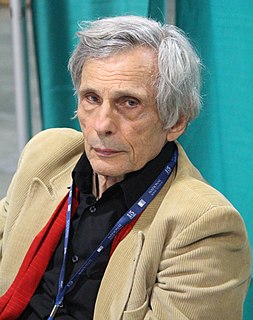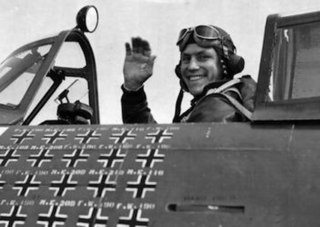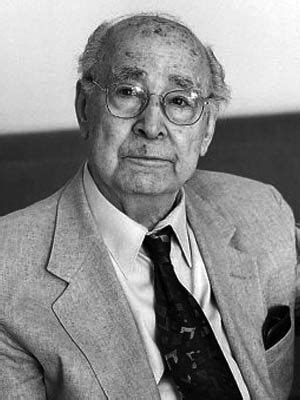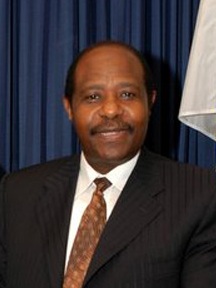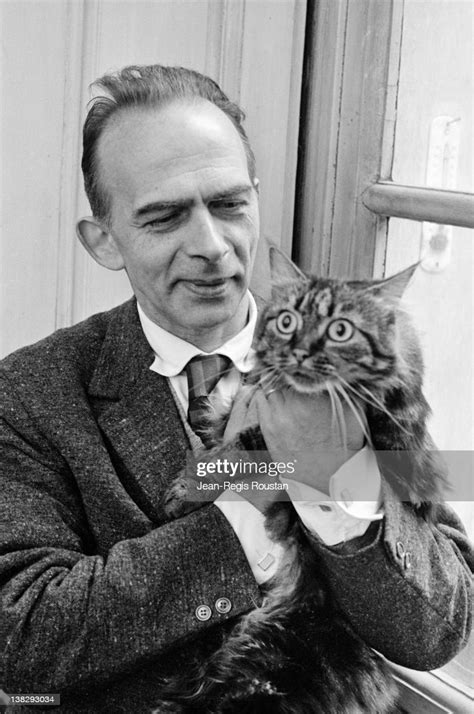A Quote by W. E. B. Du Bois
Progress in human affairs is more often a pull than a push, surging forward of the exceptional man, and the lifting of his duller brethren slowly and painfully to his vantage ground.
Related Quotes
The opposition is indispensable. A good statesman, like any other sensible human being, always learns more from his opponents than from his fervent supporters. For his supporters will push him to disaster unless his opponents show him where the dangers are. So if he is wise he will often pray to be delivered from his friends, because they will ruin him. But though it hurts, he ought also to pray never to be left without opponents; for they keep him on the path of reason and good sense.
Slowly, very slowly, he sat up, and as he did so he felt more alive, and more aware of his own living body than ever before. Why had he never appreciated what a miracle he was, brain and nerve and bounding heart? It would all be gone...or at least, he would be gone from it. His breath came slow and deep, and his mouth and throat were completely dry, but so were his eyes.
Man is more than his environment. It is from the innate quality of the Spirit in him, his inner storehouse, that he draws those ideas, his intuitions, which unify his perceptions of the external world instantaneously with a value which is qualitative and not quantitative, and which he embodies in the works of his culture - those achievements which belong not only to one particular time but to all times, and mark the path of his upward progress.
I turned around slowly, and looked up at him. He stiffened and sucked in a shallow breath. After a moment, he touched my cheek. "Such naked pain," he whispered. I turned my face into his palm and closed my eyes. His fingers threaded into my hair, cupped my head, and brushed the brand. It heated at his touch. His hand tightened at the base of my skull and squeezed, and he raised me slowly to my tiptoes. I opened my eyes and it was my turn to inhale sharply. Not human. Oh, no, not this man. "Never show it to me again." His face was cold, hard, his voice colder.
Passion for equality blinds the utopian to the fact that society, as a whole, is based on inequality of men in two respects: the inventor, the innovator, the exceptional man creates something new and insures continuous progress; the others emulate his work or merely improve their own lot by benefiting from his creativity.
Shinji slowly fell forward onto his face. Debris bounced up on impact. It took less than thirty seconds for the rest of his body to die. The memento of his beloved uncle--the earring worn by the woman he loved--was now stained with the blood running down Shinji's left ear, reflecting the glow from the red flames of the farm building. And so the boy known as the Third Man, Shinji Mimura, was dead.
There are many more languages than we think: and man betrays himself more often than he desires. How things speak! - but there are very few listeners, so that man can only, as it were, chatter on in the void when he pours out his confessions: he squanders his ‘truths’, as the sun does its light. - Isn’t it rather a pity that the void has no ears?







